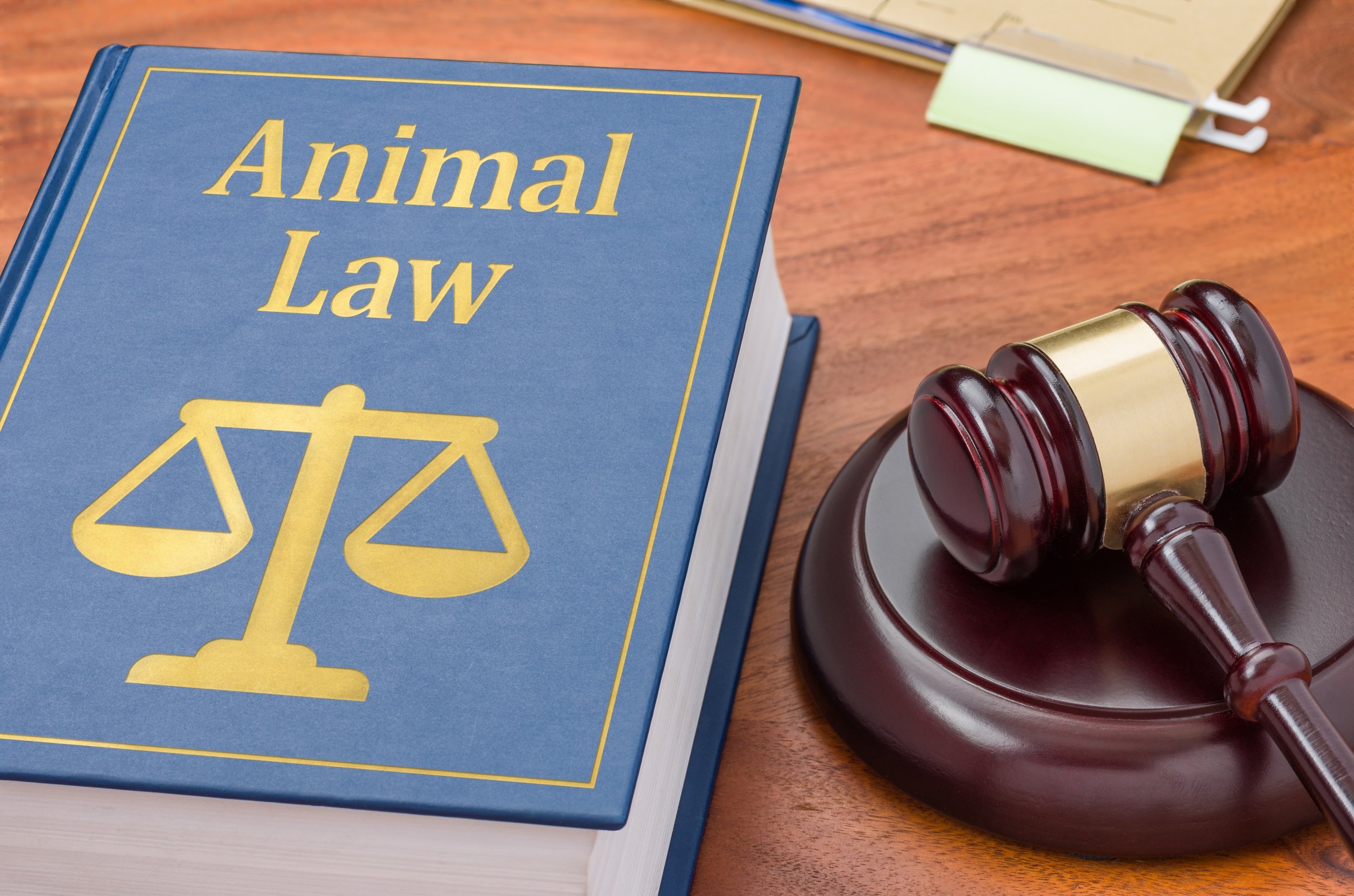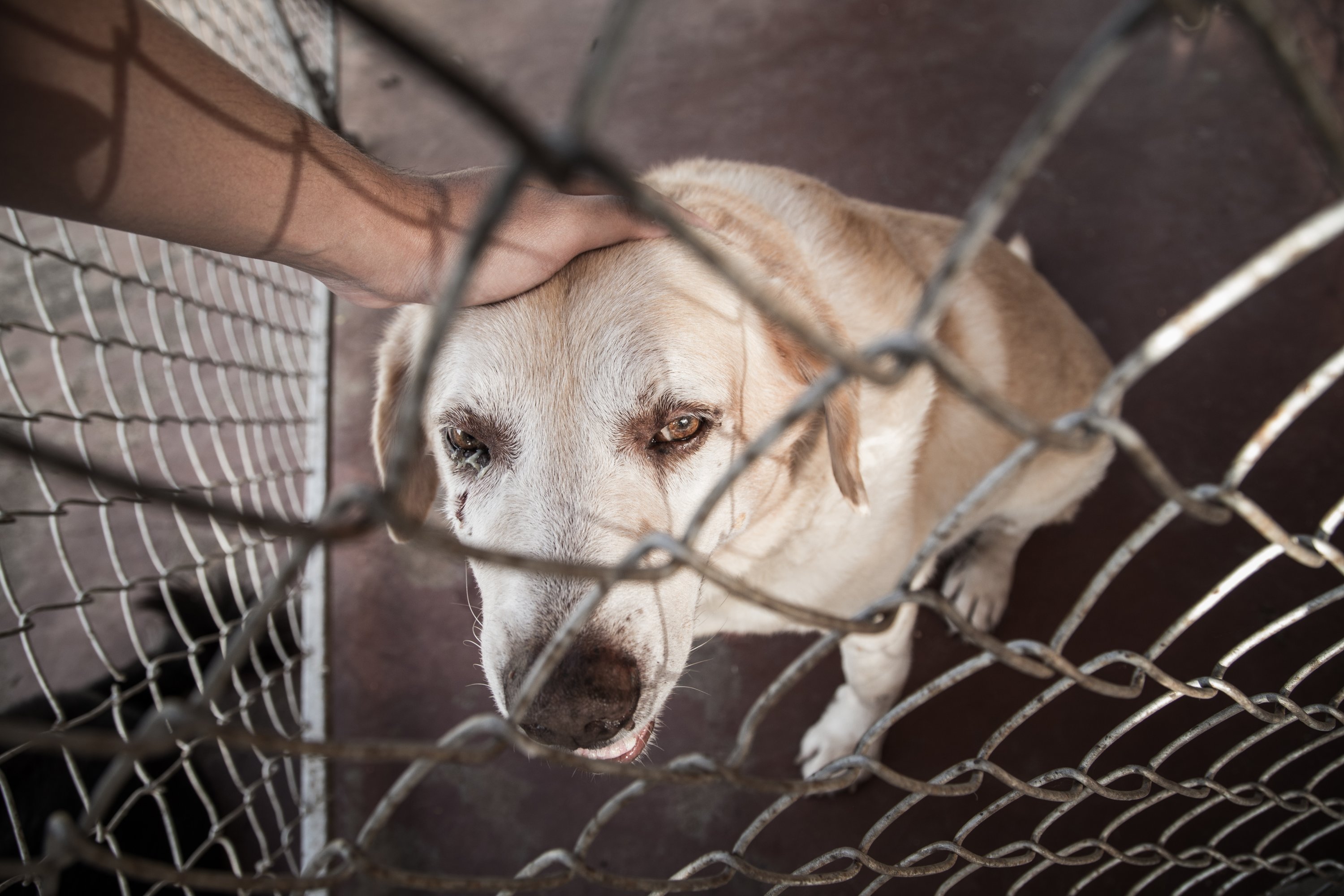© Turkuvaz Haberleşme ve Yayıncılık 2024
In the courtrooms of Türkiye, the phrase "Justice is the foundation of the state" is prominently displayed behind the judge's bench where they preside. The placement of this statement in the courtroom is equally contentious, as its authorship, whether attributed to the founder of the Republic of Türkiye, Mustafa Kemal Atatürk, or Muslim caliph Omar ibn Al-Khattab, remains uncertain.
Turkish professor Kemal Gözler comments on this debate in the introduction of a book: "The person who needs to read this statement is not the defendant or the parties involved in the case, but the judges themselves. Because they are the actual subjects who will bring justice to light. Perhaps justice is not prevailing in Türkiye's courtrooms because this phrase is written behind the judges, and the judge does not have eyes behind them!"
Indeed, it is quite easy to understand whether justice prevails in a country:
In a nation where a woman facing harassment or violence is not assisted "before it's too late," justice has been inadequate.
If decisions are rendered, even in instances where children experience unspeakable horrors, implying "consent," there is no justice in that country.
In a country where those who cruelly torture and kill stray cats and dogs that seek food from garbage bins and take shelter in parking lots or apartment buildings, because they have been stripped of their habitats by humans, go unpunished, justice is nonexistent.
If, despite considerable public outcry, the enactment of more comprehensive and humane laws to protect women, children, and animals remains elusive, justice is absent in that nation.
When seeking assistance from the police proves futile, and reliance on social media becomes the sole avenue for justice, it is an indication that justice is lacking in that country.
On Wednesday, two significant cases were heard, shedding light on the importance of justice and animal rights in Türkiye. One was the case of Badem, a dog who had been subjected to sexual assault, and the other involved Eros, a tabby cat brutally tortured to death for six minutes in a building where he was adopted and cared for by the residents.
In both cases, the defendants and judges faced significant public pressure. The killers had been at the forefront of social media platforms, especially X, for weeks, sparking numerous protests. In fact, the courtroom was flooded with hundreds of people, including lawmakers, animal rights organizations and animal-loving citizens attending the trial.

The public outcry in Eros' case was even more pronounced due to the killer receiving "good conduct" provisions in the preceding hearing, causing deferment of the announcement of the verdict. Simply put, the villain who, after trapping the tiny little one by closing the apartment doors, killed it, wiped the blood off his shoes and continued with his life would have remained unpunished if the incident had not escalated due to a resident's complaint and the emergence of surveillance footage. This killer faced no consequences and had he refrained from committing any crimes within a specified period, his record would have been pristine, as if he never harmed that helpless cat.
In response to this decision, the widespread public discontent prompted a retrial of the case. Consequently, there was a sense of hope among everyone before Wednesday's hearing, with those who still believed in justice anticipating a landmark decision.
However, these expectations were dashed. The punishment for Badem's rapist was converted into a fine.
Meanwhile, the killer of Eros was sentenced to two-year-and-six-months in prison for the "intentional killing of animals." The perpetrator receiving a reduced sentence for good behavior again was released under judicial supervision and a travel ban. Yesterday's verdicts shattered the faith in justice for many, once again highlighting the shortcomings of the legal system.
Now we have an appeal process ahead of us, and no one has any intention of giving up. Eros has now become a "monument" and with his short life, he has become the symbol of the animal rights movement. There are still many cases to be heard and many lives lost or hurt. What is done to each of them is worse than the other. Of course, this struggle will continue relentlessly, but there is an important issue here that I cannot help but mention: How will we, and I say this on behalf of all living beings, feel safe in a place where the criminal is not punished?
During the first hearing, Bahtiyar Güner, an attorney from the Istanbul Bar Association Animal Rights Center, stated that the given verdict had the nature of “praising impunity.”
"In fact, the reactions are not specific to this case; unfortunately, it is a general critique of the justice system in our country, which has regrettably shown insufficient progress in the field of animal rights. The judgment in the case we are following is not acceptable, and the decision lacks a rationale that aligns with the law and public conscience," Güner said.
Since then, I have been contemplating the idea of "praising impunity."
The verdict raises disturbing questions. By ignoring glaringly obvious pieces of evidence and then rewarding the defendant who makes absurd excuses, does this not set a bad example for those contemplating committing such crimes?
Won't this contribute to an increase in such cases and lead to a sense of impunity in society? Doesn't the encouragement of violence through inadequate punishments result in the perpetuation of violence itself?
Won't reducing sentences for torture and violence due to good conduct or unjust provocation fail to resonate with the public? Additionally, could it not lead to a loss of faith in seeking justice and potentially prompt individuals to take matters into their own hands?

This, even if the severity is not immediately apparent, is actually a very dark path leading to a legitimacy crisis that could threaten the existence of the state and the legal system.
In such a manner, losing a society's belief in the existence of justice is a highly perilous phenomenon in modern communities and should never be underestimated. Justice and security play a significant role in the emergence of modern societies, shaped by the political and social evolution of the concept of the state throughout history.
According to English philosopher Thomas Hobbes, in the state of nature where the powerful prevail, there can be no talk of property, crime or justice. The state, rooted in power and justice, is essential for providing security. Therefore, people, in the interest of security, have relinquished their rights and freedoms, forming the state through a social contract. In other words, Hobbes believes that the state is born out of the need for security.
In short, the state's inability to ensure justice is a concerning situation directly impacting its "essence" and, in this sense, its legitimacy. This is because a society that no longer believes in justice ceases to take the state and other authoritative bodies seriously, losing all trust in them.
Crimes of this nature must be punished to prevent the occurrence of such crises. Otherwise, if we do not feel safe and individuals with criminal intent roam freely due to legal loopholes, how can we place trust in such a system?
If the penalty imposed is the highest ever under Türkiye’s Animal Protection Law to date, the latest incidents show us that the current legislation is inadequate. This law leads to unjust judgments. Therefore, it must be changed.

The concept of animal welfare, aiming to ensure that animals lead a physically and psychologically healthy and peaceful life, also challenges the mentality that subjects animals to all kinds of cruelty due to considering them inferior to humans. This is why in legislation concerning animals, today's Istanbul Center of the Organisation for Economic Co-operation and Development (OECD) guidelines on animal welfare, which are included, should be considered.
Our struggle should continue for laws that are truly deterrent, provide equal justice for everyone and ensure that criminals face real consequences.
Finally, it is worth considering and remembering the words of former U.S. first lady Eleanor Roosevelt regarding human rights, which are relevant for all living beings today.
“Where do human rights begin?” she asked in her epic speech in 1958.
Then she replied to her own question: “In small places, close to home, so close and so small that they cannot be seen on any maps of the world. Yet they are the world of the individual person – the neighborhood he lives in, the factory, farm, or office where he works. Such are the places where every man, woman, and child seeks equal justice, equal opportunity, equal dignity without discrimination. Unless these rights have meaning there, they have little meaning anywhere.”
